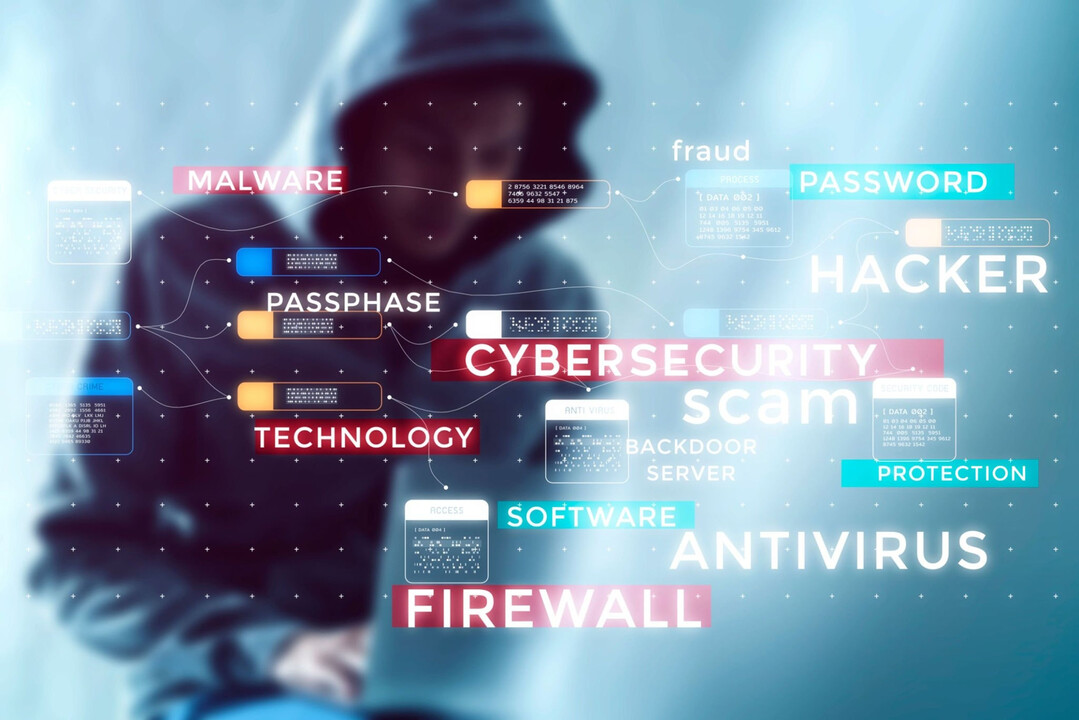
On June 22, 2025, the Paraguayan government was rocked by shocking news. The Ministry of Information and Communication Technologies (Mitic) officially confirmed that the websites of the Jury of Enjuiciamiento of Magistrates (JEM) and the National AIDS Control Program (Pronasida) had been defaced by cyberattacks. This is the latest in a series of cyberattacks hitting the Paraguayan government recently, clearly exposing the vulnerability of the nation's digital infrastructure.
The Shadow of 'CyberTeam' Behind the Consecutive Attacks
The hacking group known as 'CyberTeam', which has reportedly attacked several government agency systems already, has been identified as being behind these latest attacks. CyberTeam claimed to have exposed sensitive data through these attacks, but Mitic has reserved official confirmation on this claim. However, the group's previous claims of hacking the President's X (formerly Twitter) account, two websites of the Armed Forces under the Ministry of National Defense, and the National Institute of Statistics website, reveal their increasingly audacious methods and targets.
These attacks occurred just days after President Santiago Peña's government privately announced a cybersecurity plan following the detection of threats from other cybercrime groups, which came after the presidential X account was hacked on June 17. This suggests that the Paraguayan government's efforts to strengthen cybersecurity are not yet functioning as a substantial defense.
Crisis Response and Current Situation: Struggling Amidst 'Evolving Threats'
Mitic stated that upon detection of the attacks, it immediately activated the Paraguayan Computer Emergency Response Team (CERT-PY) and collaborated with the technical teams and Information Security Officers (RSI) of each agency to activate response protocols. Mitic announced, "Both incidents are under control, and analysis is underway for complete mitigation and restoration of normal operations." Currently, the JEM and Pronasida websites are either undergoing restoration or partially restored, but the extent of the exposed data and potential damage remain unclear.
CERT-PY has urged individuals to contact abuse@cert.gov.py for inquiries or reports related to cyberattacks. This demonstrates that a national-level cybersecurity response system is somewhat functional, while also emphasizing the need for active information sharing and cooperation from the public.
Expert Warning: "Cyberattacks Will Come in Waves"
Cybersecurity expert Miguel Gaspar warned about the situation, stating, "Cyberattacks will continue in several stages and waves," and urged both the government and the public to be thoroughly prepared. He tagged Mitic on X, adding, "I hope the extent of the damage can be quantified." This reflects concerns that beyond simple website paralysis, the attacks could lead to severe consequences such as personal information breaches due to data leaks, national secret exposure, and even the paralysis of critical social infrastructure.
While the Paraguayan government outwardly expresses its commitment to strengthening cybersecurity, the continuous attacks underscore the urgent need for fundamental problem-solving. Experts analyze that Paraguay's cybersecurity infrastructure is generally vulnerable, with a combination of a lack of skilled personnel, insufficient budget, and outdated systems making it an easy target for hackers. In particular, there are criticisms that the application of the latest security patches across national systems is inadequate, and even basic security practices are often not followed.
National Crisis, Requiring Comprehensive Response
This series of cyberattacks should be recognized as a grave situation that not only paralyzes websites but also threatens national security and public trust. The Paraguayan government must now move beyond 'showcase' responses and implement substantial countermeasures.
Firstly, a large-scale investment and modernization of cybersecurity infrastructure are needed. This means not just introducing the latest equipment but completely replacing outdated systems and applying the latest security technologies.
Secondly, efforts must be focused on nurturing and securing cybersecurity experts. This includes developing domestic professionals and, if necessary, recruiting international experts to bridge the technology gap.
Thirdly, establishing an organic cooperation system between government agencies is essential. Instead of each ministry handling security individually, a centralized cybersecurity control tower should be established to strengthen information sharing and joint response capabilities.
Fourthly, raising public awareness of cybersecurity is also crucial. Campaigns should be continuously conducted to urge adherence to basic security rules and caution against suspicious emails and websites.
Finally, international cybersecurity cooperation should be strengthened to actively adopt advanced technologies and experiences from abroad.
Paraguay is now facing a new battlefield in the digital age. This situation should be seized as an opportunity for transformation, mobilizing national capabilities to strengthen cybersecurity and ensure that it no longer remains a playground for cyber terrorists. Otherwise, Paraguay's digital infrastructure will be nothing more than a sandcastle that can collapse at any time. The public awaits a strong and practical response from the government, because digital age safety is no longer an option but a necessity.
[Copyright (c) Global Economic Times. All Rights Reserved.]





























